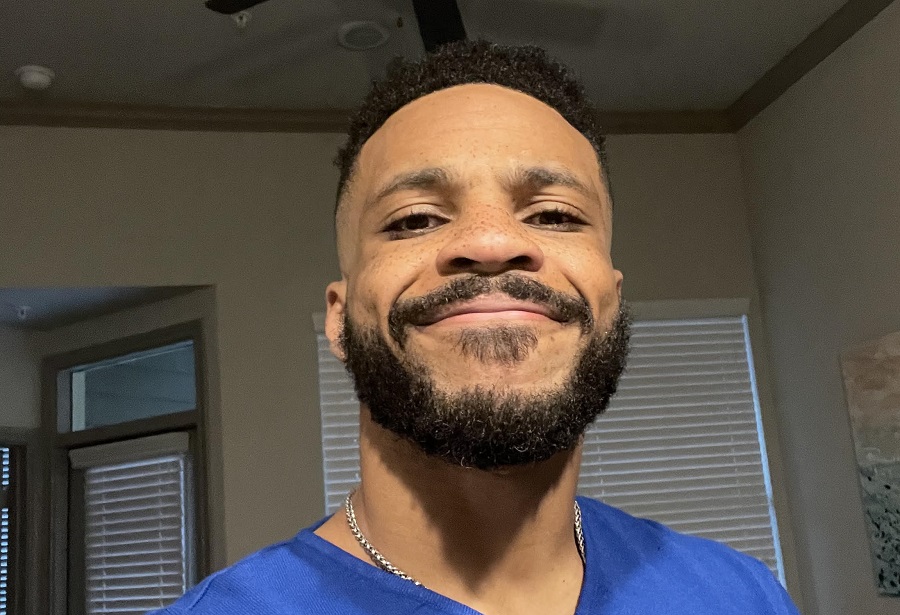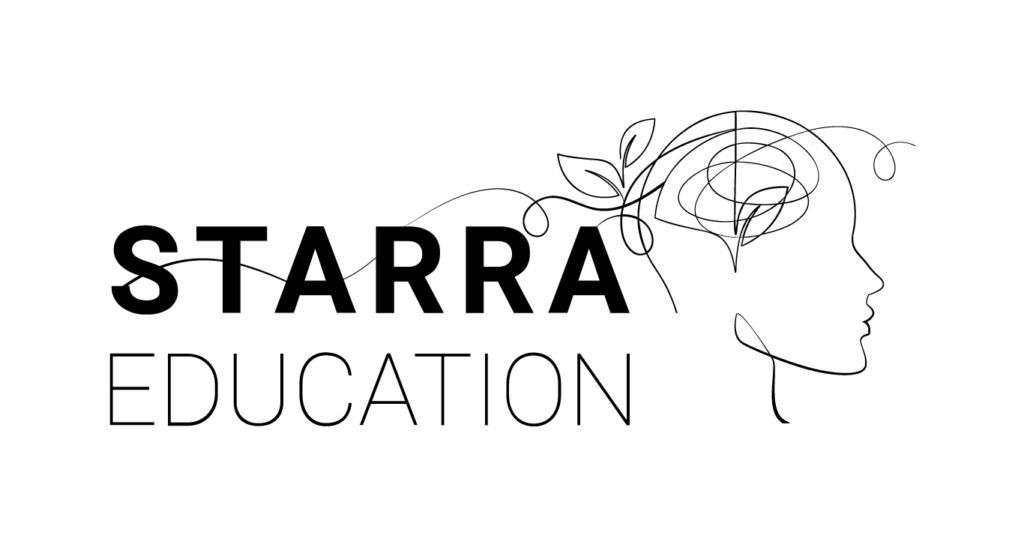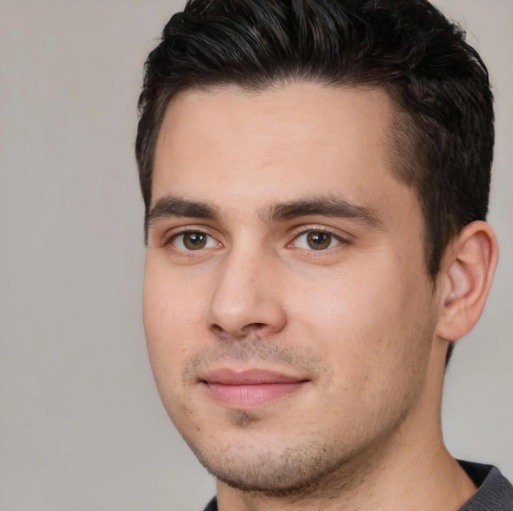In this exclusive interview with Nicky Moffat, via The Female Motivational Speakers Agency, discover the secrets to strong leadership and high-performance teamwork. Nicky was the highest-ranking woman in the British army until 2012, when she pursued her passion for workplace performance and became one of the UK’s foremost corporate consultants.
Nicky’s knowledge and extensive experience of leadership, teamwork and inclusion is proven in this insightful interview, where she reflects on the biggest life lesson she learned in the military. Do not miss this exclusive Q&A with Nicky Moffat, a pioneer of corporate excellence.
What is the most important quality of a leader?
“One of the important qualities in a leader is emotional intelligence, the ability to recognise that people process things in different ways and therefore, find ways to bring those people on board. There’s always going to be some people that have the same thinking and motivations that I might have as a leader, but just because the others don’t it doesn’t mean they’re not great employees!
“It just means that I’ve got to find another way to reach them, to give them time to process the change and then to encourage them to come on board with the journey. And of course, sometimes people who take longer to process change are busy reflecting and thinking about change in a way that might be different to me. They can come up with points, ideas, things that can actually make change go better because they have a different perspective.
“When we talk about diversity, it’s not just about Black, White, gay, straight, male, female and so on. It’s about people who lead differently, react differently or think differently.”
During periods of stress, how do you find the motivation to persevere?
“I think one of the things that brings on stress is a loss of control.
“What happens to me – and maybe this is one of the reasons why a career in the army was perfect for me – when I’m under stress, the adrenaline kicks in in a positive way. So I want to engage with it, whatever that thing is that’s stressing me, I want to make a plan. I try to be logical and to think through how to turn a bad situation, into a better situation.
“What I’m effectively doing is I’m trying to gain some semblance of control. And in terms of ownership, I’m trying to own the solution to the problem that I’m experiencing. But I thrive on responsibility, I think I do my best work when I’m under pressure and some element of stress. Sometimes I’ll inspire that by working late to a deadline rather than perhaps starting things earlier!
“And again, it’s important to know yourself, because if by doing that I’m stressing somebody else who process things differently, then I need to be aware of that. That’s a key part of emotional intelligence.”
What advice can you give businesses on how to build high performing teams?
“Building a high performing team starts with the leader. I often refer to something called Mission Command, it’s from the Prussian Chief of Staff many, many years ago.
“I can simplify it into three key areas: firstly, it’s about clarity of direction. A leader must have a clear vision and give direction on what needs to be done by the organisation. People must properly understand what’s being asked of them and why.
“Secondly, you need to have an environment of mutual trust, where I trust my teams to go and deliver what I’ve set out. They also must trust that they can come to me if there’s, for example, a lack of clarity or insufficient resource.
“And the third thing is true and full empowerment. So, building a high performing team, if I use Mission Command, is about clarity of direction in an environment and culture of mutual trust, where people are genuinely empowered.
“The other thing about a high performing team is that diversity within the team can add real value. I don’t just mean diversity as in Black, White, gay, straight, male, female. I mean diversity of experience, perspective, insight, culture and capability.”
The military appears incredibly masculine, did you feel a pressure to fit in and conform to that environment?
“Back in 1985, it was very much a case of wanting to fit in, wanting to prove yourself. You wanted to prove your credibility. You don’t want to let your colleagues down.
“But I certainly found having done that and then having established myself and grown in confidence and knowledge and credibility and so on, I was able to be more myself. I mean, what the military does in training is it sort of breaks you down – and I don’t mean that in a really negative way, it breaks you down so you can contribute as part of an effective team.
“Once you’ve done that and you’ve proved yourself, then the military encourages people to bring their personalities to the fore.”
What was the biggest life lesson you learnt in the military?
“I think in terms of life lessons, again, this was something that came to me over time, and I actually think it’s about self-care. What military people tend to be, not just because it’s ingrained in us and in our training, is very mission focussed mission, hugely focussed on developing our teams and the individuals within it. So we expend a huge amount of our energy on other people.
“And I think it took me some time to realise later on in my career, when I was a Colonel, that I was pushing myself too hard. I remember a particular job when I was working in the Ministry of Defence, I was really focussed on helping to create ministerial endorsed and funded policies that would support our troops on operations.
“And, of course, that’s a really important task. But I put so much energy and effort into that, that I would go home at the weekend exhausted and tired.
“So the biggest life lesson is that if you’re going to be a good leader or deliver your best in any role, then you’ve got to be match fit. And I was most match fit when I made sure I got the balance right between the energy and effort that I was expending on my work and [making time for] rest, recuperation, decompression and some time out.”



 How to7 years ago
How to7 years ago


 More4 years ago
More4 years ago


 More6 years ago
More6 years ago


 Interview4 years ago
Interview4 years ago


 Other Internet Tech6 years ago
Other Internet Tech6 years ago


 More6 years ago
More6 years ago


 Business Ideas6 years ago
Business Ideas6 years ago







